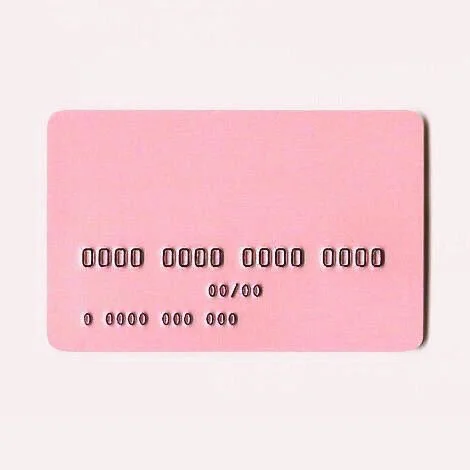How to Finance Your Future
By Kelly Ann Kimball
Be it a trip to Rome or a swanky apartment in the Upper Eastside, we all have decadent trips and dream homes on our wishlists. The one question most of us have in common is: “How do we afford this?” In school, we learn about biology (who could forget that the mitochondria is the powerhouse of the cell) and the quadratic formula. Yet, many of us enter the world without a fundamental understanding of how to budget. It may sound boring and tedious, but budgeting can be fun, because the steps you take now will allow you to buy a home or new car in the not so distant future!
Budget for necessities
It may seem boring, but budgeting for necessities is critical for your dream life. Before purchasing a home, you must first learn to set aside cash for necessities like rent, utilities, car payments, phone bills, groceries, etc. The little things add up, so keeping track of everyday essentials will help budget for the big-ticket items. Necessities should take up no more than 50% of your income. Suppose you can gradually decrease this expense over time. In that case, you can allot more money for your future goals and into financing your version of the American dream, whether that’s backpacking across Europe or owning a beautiful mansion overlooking Lake Tahoe.
Saving for savings
Do you grab your coffee on the way to work every morning? I used to— until I realized how much money was leaving my little tan wallet every morning. You may be thinking: “I don’t spend that much money. I usually just grab something quick on the way!” This, my friend, is your first problem. Here is the heartbreaking reality: If you spend $4 on coffee once a day, five days a week, 50 weeks of the year (excluding a few for vacations), you’re spending at least $1000 a year on coffee alone. We LOVE coffee, but there are much cheaper ways to drink coffee each day! Use ground beans and invest in a Keurig refillable k-cup or French press— there are so many cost-effective alternatives for espresso lovers.
People who make $200k salaries are still living paycheck to paycheck because they quickly spend their earnings without budgeting! Instead of budgeting and allocating money wisely, they immediately buy a new car or apartment far beyond their net take-home pay. Generally, people follow the rule of thumb that one should budget around 30% of net income for a home and 15-20% into a retirement account. Financial advisors typically suggest opening at least one Roth IRA whenever you begin working your very first job. A Roth differs from a traditional IRA/retirement account in that the money is taxed going into the account instead of getting taxed when one pulls money out after retirement. As a result, many people save money on taxes in the long term.
Keeping to your budget can be hard when your favorite retail brands release hot new pairs of boots and bags every season. Put your savings into a CD (certificate of deposit), which will earn a percentage of what you have in that account! A CD is a low-risk investment vehicle that creates a sense of accountability for the owner by disincentivizing impulse money withdrawals due to high taxes.
Invest, invest, invest!
Budgeting for investments with any extra money you have is one of the smartest things you can do. As an illustration, $100 in the year 1913 was worth $76.15 in 1933. In 2019, that original $100 had the purchasing power of only $3.87. Therefore, it is essential to consider the time value of money (and inflation) when saving for long-term things and why investing in assets can be beneficial. Apps like MINT can help you budget for investments, while trading apps like Robinhood make it easy for beginner investors. If you desire to be knowledgeable on the economy, a great email thread that sends a brief overview of the markets every morning is Morning Brew (also likely to make you laugh a little, but not guaranteed). Eventually, high dividend investments can help you put money down on a home!
The fun part
Congrats, you’ve made it to the “fun money” part! If you plan on making your wedding dreams come true, it might be worth budgeting for a miscellaneous savings account. For a wedding, I would recommend putting aside at least 20% of your income into savings once you are engaged. If you can, it is wiser to start saving sooner rather than later if you think you might want to get married one day. If you’re going to plan for something without a definite future date, you might want to put your money into a passively managed income or mutual fund. These funds will pay you dividends with little risk, and you can either keep the dividends in cash or reinvest them. That way, your savings will grow in tandem with inflation, which otherwise erodes purchasing power.
You’ll thank me later!
Learn to budget well for things! Budgeting is often the smartest way to reach goals while mitigating risk. This requires thinking ahead, but this way, you won’t end up living paycheck to paycheck for the rest of your life or paying bills that you don’t need to have!
Photo via Pinterest


